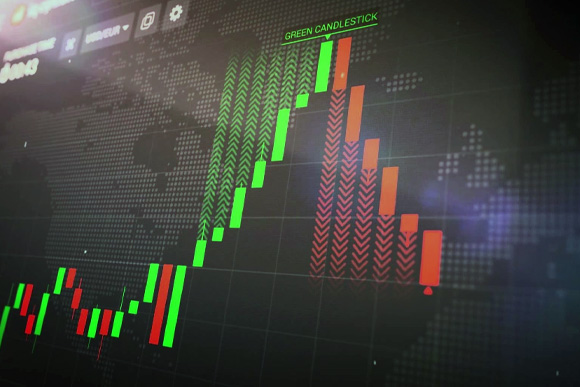Popular instruments
Why us?
-
Your Premier Choice in the World of CFDs Trading.
Extensive range of instruments, platforms, account options, and resources.
-
13+
years of presence
-
10
Asset classes
-
1000
Forex, CFD on stocks, ETFs, indices, commodities, cryptocurrencies
Platforms

Dive into the world of trading with MetaTrader 5, the industry's leading platform
MT5 expands your horizons with multi-asset trading, advanced analytical tools, and a broader range of timeframes. MT5 ensuring that traders of all levels have the resources they need to succeed in the ever-evolving financial markets.
FAQ
-
What is ETFs CFD trading?
ETFs CFD trading allows investors to speculate on the future price movement of entire asset baskets, such as sectors, commodities, or indices, without owning the actual ETFs share(s). It's a contract between the trader and the broker based on the price difference from the trade's start to its conclusion.
-
How does ETFs CFD differ from traditional ETF trading?
In traditional ETF trading, you buy or sell actual ETF units that represent a basket of assets. With ETFs CFD, you're trading a contract based on the price movement of the ETF, not the ETF itself.
-
What are the benefits of ETFs CFD trading?
ETFs CFD trading offers several advantages:
- Ability to trade on margin, potentially amplifying returns.
- Flexibility to profit from both rising and falling markets.
- Access to a wide range of markets through a single instrument.
- No need to manage individual assets within the ETF.
-
What are the risks associated with ETFs CFD trading?
While all trading methods carry their own set of challenges, CFDs on ETFs are not exempt from risks. Leveraging in CFD trading can enhance potential gains but equally escalate potential losses. The CFD market's inherent volatility, combined with the performance dynamics of the assets encapsulated within the ETF, can significantly influence trading outcomes. Market shifts, gaps, trading commissions and slippage can also affect results.
-
How does leverage work in ETFs CFD trading?
Leverage allows traders to control a larger position with a smaller capital outlay. For instance, with 1:5 leverage, you can control a position worth $50,00 with just $1,000. However, leverage can also amplify potential losses.
-
What types of ETFs can I trade with CFDs?
You can trade a variety of ETFs, from sector-based and commodity-focused to those tracking global indices or specific investment themes. The specific ETFs available may differ depending on the broker.
